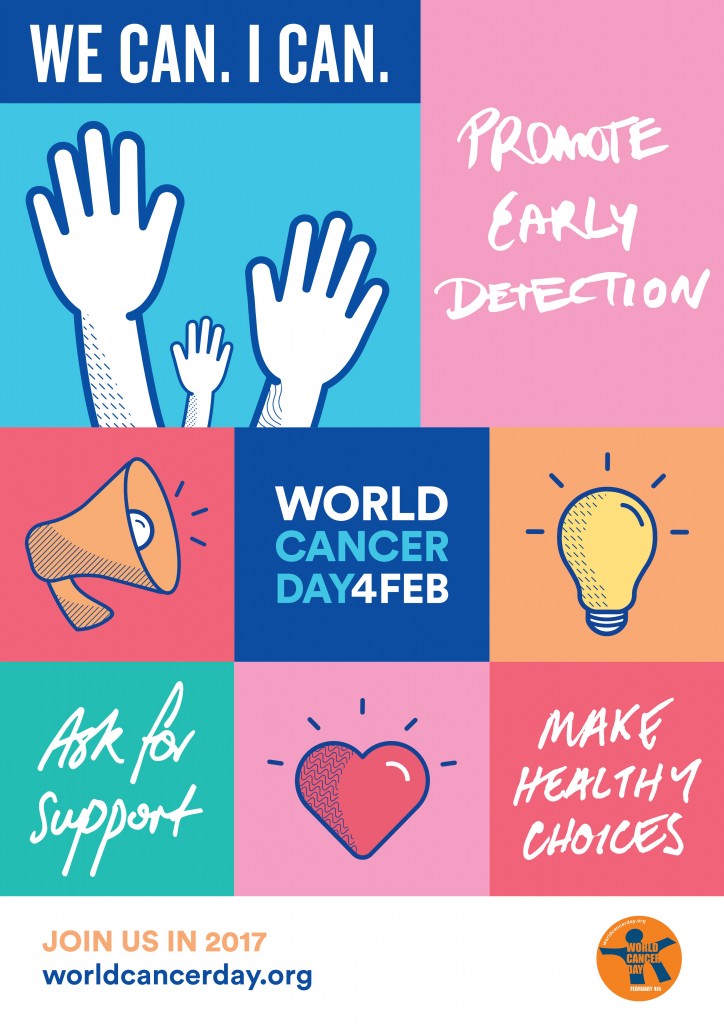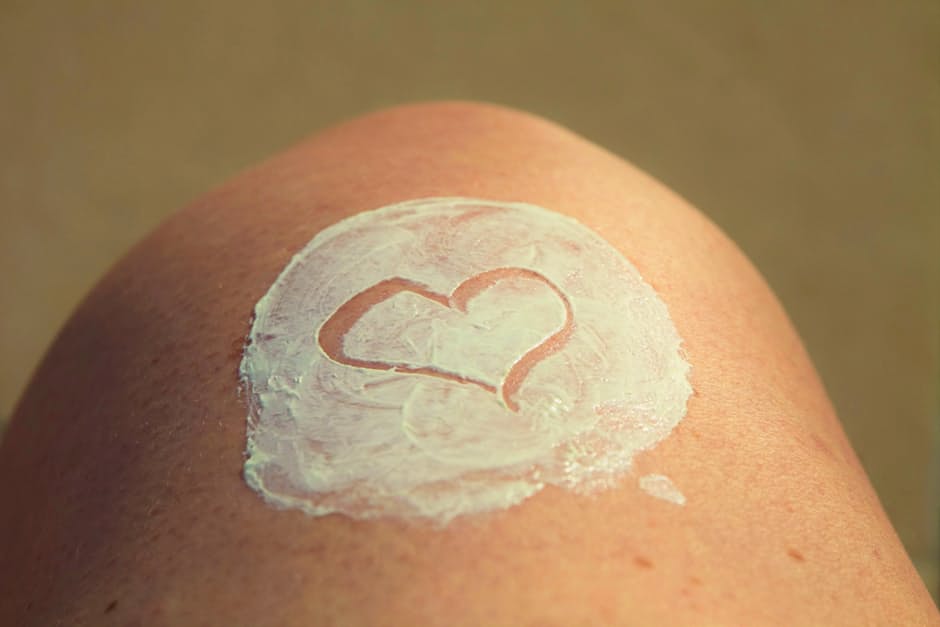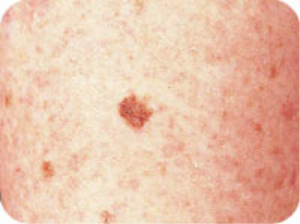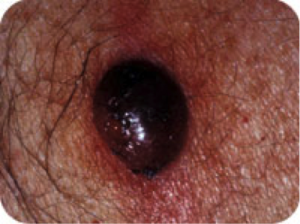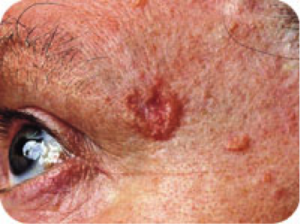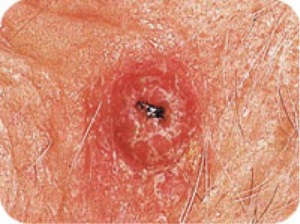
Bowel Cancer Australia Awareness month
Did you know that bowel cancer has the second highest rate of deaths in Australia? We lose more than 80 Australians every week to this disease. The good news is that is also one of the most treatable types of cancer if it is detected early. Bowel Cancer awareness month is an opportunity to talk about this disease. Here’s what you need to know about detecting bowel cancer.
Who is at risk?
Both men and women, young and old, can develop bowel cancer. Around 25 % of people with bowel cancer have a history of the disease, but that leaves 75% with no known family history of this type of cancer or hereditary risks. However, there is hope – 90% of bowel cancer can be treated successfully with early detection. That is why it is so important to participate in screening, and understand the warning signs and to get checked out if you have any concerns.
How common is bowel cancer?
The Bowel Cancer Australia website has some confronting statistics. It is one of the top 5 causes of premature death among Australians aged 45 – 74, and the seventh leading cause of death in people aged 25-44. Australians have one of the highest rates of bowel cancer in the world – 1 in 13 will develop the disease at some point in their life.
How does it start?
Most bowel cancers (also known as colorectal cancer) start as usually harmless growths called polyps, which form in the lining of the bowel. Some types of polyps can turn cancerous, and turn into a tumour if left to develop.
What are the warning signs?
Unfortunately, in the early stages some people have no symptoms – which makes screening for bowel cancer particularly important. However, people with bowel cancer might experience:
- Changes to bowel movements – alternating constipation and diarrhoea, or a change in the shape or appearance of your stools (thinner than usual, for example)
- Abdominal pain
- Anaemia (low red blood cells), weakness or weight loss
- Blood in the stool (poo) or in the toilet
- Pain or a lump in the anus or rectum
How do you screen for bowel cancer?
Initial screening for bowel cancer is extremely easy to do, can be done at home, and does not require any discomfort on your part. You will be given a kit called a faecal immunochemical test (FIT), which will require you to put a small amount of stool (poo) or toilet water on a card, and to send it in for testing – postage is even pre-paid. Results will be sent to you and to your GP for discussion. If there are any concerns, you may need a colonoscopy to check the health of your bowel.
If you experience any of the symptoms mentioned, particularly if they continue for more than 2 weeks, see your GP – you can click here to book. Bowel cancer is often an easily treatable disease, and for the sake of a simple screening test it is absolutely worth having the conversation with your doctor. With education and discussion, we can see bowel cancer rates reduced in Australia and less lives affected by this disease.

